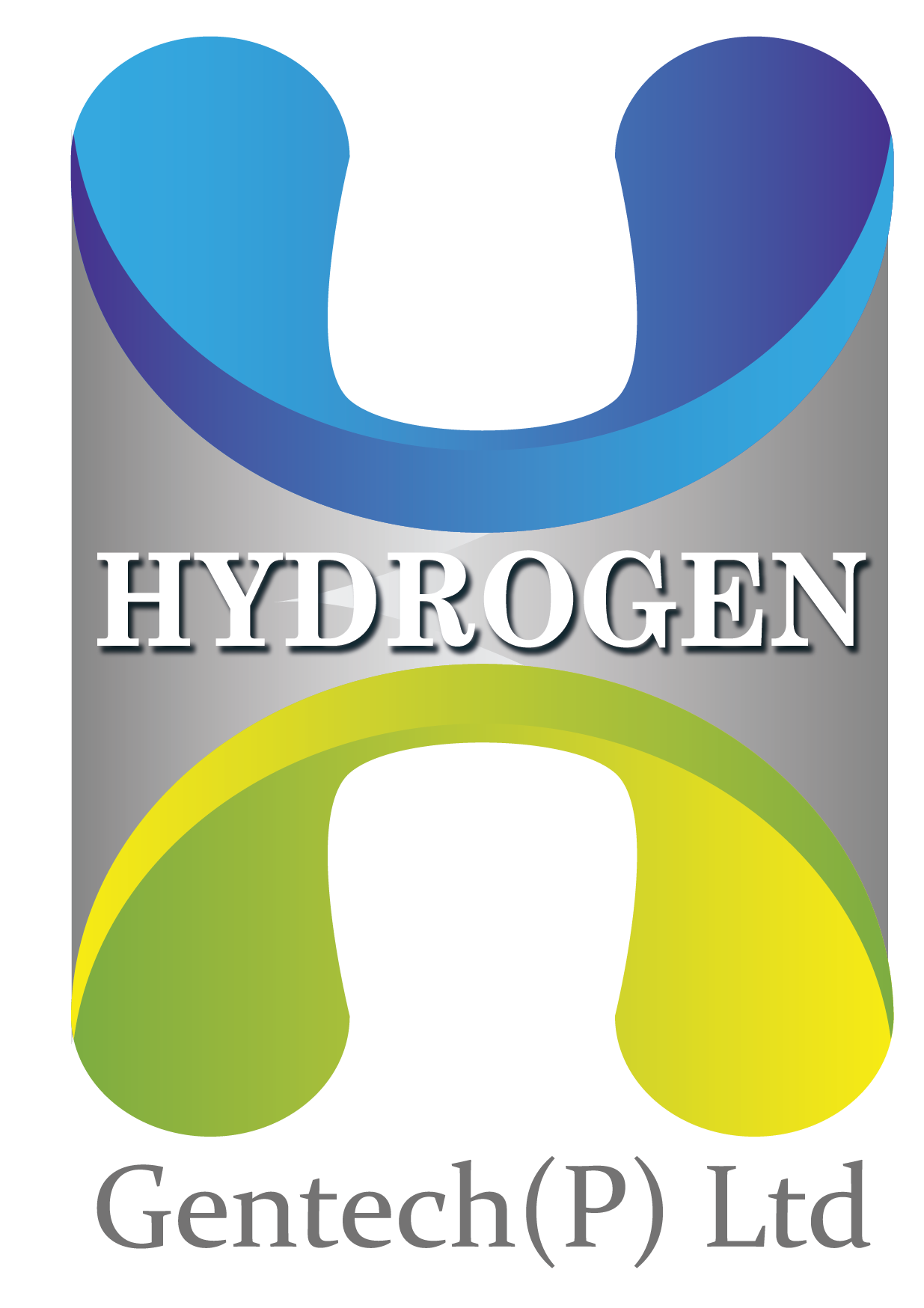In order to produce electricity onboard, emit water vapor, and have a range of up to 1,000 km, fuel cells fueled by hydrogen have been tested in trucks by Volvo Trucks.
Volvo Trucks now offers trucks that run on battery power and renewable fuels like biogas to help decarbonize transportation. Fuel cell electric trucks fueled by hydrogen will be added as a third CO2-neutral alternative to its product lineup in the second half of this decade.
According to Roger Alm, President of Volvo Trucks,“We have been developing this technology for some years now, and it feels great to see the first trucks successfully running on the test track. The combination of battery electric and fuel cell electric will enable our customers to completely eliminate CO2 exhaust emissions from their trucks, no matter transport assignments”.
The fuel cell electric vehicles will have a refueling period of under 15 minutes and an operational range comparable to many diesel trucks, up to 1000 kilometers. The two onboard fuel cells have the ability to produce 300 kW of electricity, and the whole weight maybe 65 tonnes or possibly more.
In a few years, customer pilots will begin, and the commercial launch is anticipated during the last years of this decade.
“Hydrogen-powered fuel cell electric trucks will be especially suitable for long distances and heavy, energy-demanding assignments. They could also be an option in countries with limited battery charging possibilities, ” says Alm.
The fuel cells will be provided by Cellcentric, a partnership between the Volvo Group and Daimler Truck AG. For fuel cells created specifically for heavy vehicles, Cellcentric will construct one of Europe’s largest series production plants.
There are many advantages to the new technology, but there are also some obstacles to overcome as it is still in its early stages of development. The infrastructure for refilling big vehicles hasn’t been created, which is another issue.
Alm says,” We expect the supply of green hydrogen to increase significantly during the next couple of years since many industries will depend on it to reduce CO2. However, we cannot wait to decarbonize transport, we are already running late. So, my clear message to all transport companies is to start the journey today with battery electric, biogas, and other options available. The fuel cell trucks will then be an important complement for longer and heavier transports in a few years from now”.

